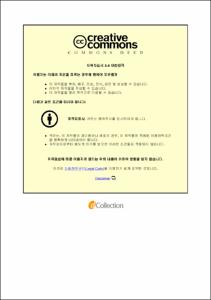한국 외식노포(老鋪)의 장수 DNA에 관한 질적 연구
= A Qualitative Study on the Longevity DNA of Korean Old Restaurants: Based on the Grounded Theory
- Type
- Thesis
- Alternative Title
- 근거이론의 관점에서
- Advisor
- 차종석
- Department
- 대학원 경영학과
- Issued Date
- 2019
- Publisher
- 한성대학교 대학원
- Files in This Item:
-
-
Download
 200000215330.pdf
기타 데이터 / 1.35 MB / Adobe PDF
200000215330.pdf
기타 데이터 / 1.35 MB / Adobe PDF
-
Items in Repository are protected by copyright, with all rights reserved, unless otherwise indicated.